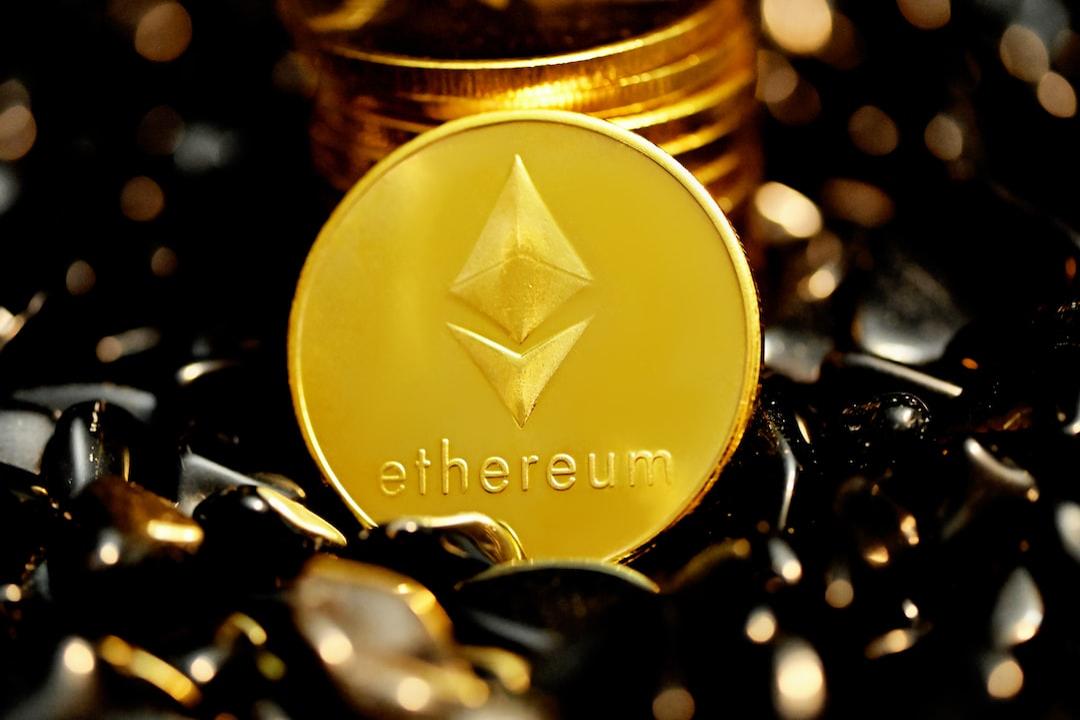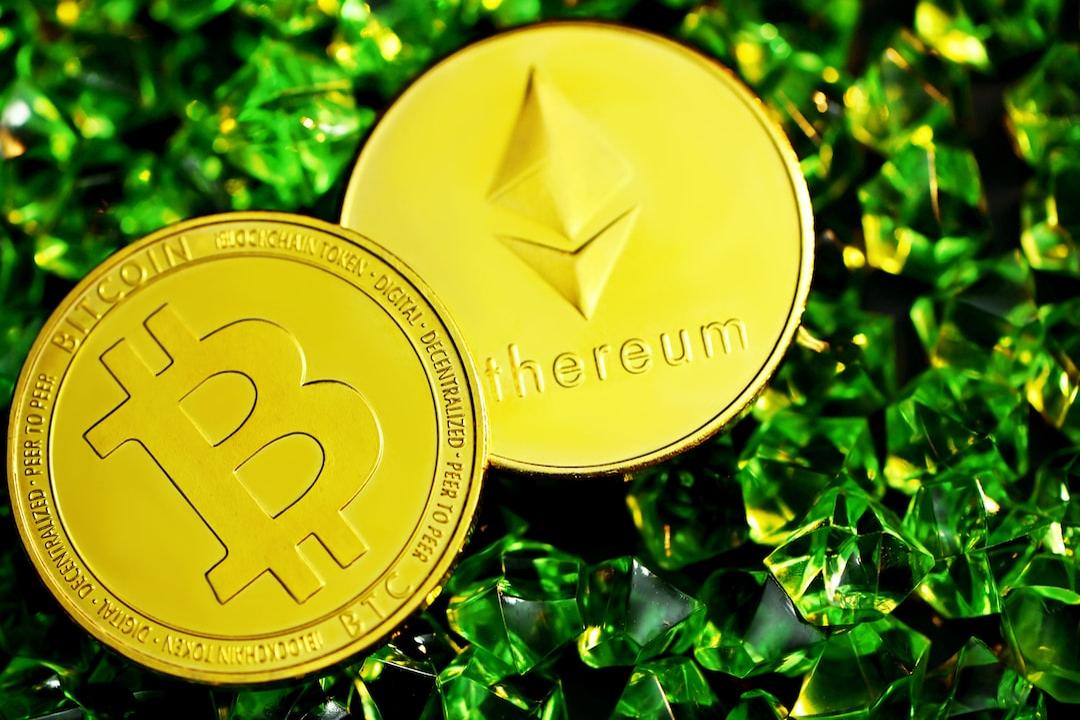New Era of Bitcoin as National Reserve, Forum Successfully Concluded
Trump has incorporated Bitcoin into the U.S. strategic reserves, presenting challenges to monetary policies and fiscal strategies for central banks and public sectors worldwide.
In response to this transformation of the global monetary system, the forum was hosted by the Bitcoin and Virtual Assets Development Association, co-organized by the Next Generation Financial Foundation, and specifically invited BitoPro, MaiCoin, the Citic Financial Management College, and Oguo Blockchain Consulting to execute the event. For the first time in history, it gathered three of Taiwan’s leading economists: Professor Hsu Chia-Tung, Chairman Wu Chung-Shu, Professor Lin Chien-Fu, monetary expert Professor Liu Yi-Ju, financial expert Chairman Chen Chong, and virtual asset specialists, to deeply analyze the feasibility of Bitcoin as a national reserve and its impact on future financial markets. It provided an in-depth discussion on Bitcoin’s application at the national level in Taiwan and insights into forward-looking regulatory strategies to usher in the digital asset era.
Key Highlights of the Event
The forum covered the following key topics:
- Opening remarks by Professor Zhang Zhen-Shan, Director of the Securities Bureau of the Financial Supervisory Commission, explaining the key regulations on Taiwan’s virtual assets in four phases and emphasizing the importance of these regulations.
- A keynote speech by former Premier Chen Chong, exploring potential opportunities and impacts of digital assets in today’s international geopolitical and economic landscape. He mentioned Trump’s positive attitude towards virtual assets and emphasized that digital assets are like weapons, urging Taiwan to carefully assess and keep pace with international trends.
- The first keynote speech was delivered by Professor Liu Yi-Ju, former Minister of Finance, who analyzed the definition and principles of national reserves from a monetary perspective and the potential of Bitcoin as a national reserve. Professor Liu noted that Bitcoin is seen as a revolutionary asset in the financial system, especially as a hedge when public trust in the government erodes, while stablecoins are interpreted as a strategic tool to strengthen the international status of the U.S. dollar.
- Panel discussion led by Professor Liu Yi-Ju, continuing the analysis from the keynote speech, with guests including Professor Hsu Chia-Tung from Soochow University, Chairman Wu Chung-Shu from the Taiwan Institute of Economic Research, Senior Consultant Lee Chien-Sz from the Foreign Trade Association, and Lawyer Lin Hong-Yu, Chairman of the Bitcoin and Virtual Currency Development Association, discussing the nature and definition of Bitcoin and its potential as a form of foreign currency reserve.
Chairman Wu Chung-Shu pointed out that Bitcoin’s volatility is currently too high for it to be used as currency; Professor Liu Yi-Ju argued that the development of stablecoins is indirectly driving Bitcoin to become a medium of exchange. Senior Consultant Lee Chien-Sz emphasized that the Bitcoin system is highly stable, with a constant total supply that does not change due to external factors; Chairman Lin Hong-Yu analyzed from a market value perspective, indicating that when Bitcoin’s price maintains at $90,000, its market value is comparable to the New Taiwan Dollar, emphasizing Bitcoin’s high divisibility.

Long-term Investment Value and Financial Applications of Bitcoin
Panel two focused on the intrinsic value of Bitcoin, featuring Professor Hsu Pei-Ling, Associate Professor and Director of the Technology Finance Institute at Citic Financial Management College, Chief Technology Officer Liu Yi-Cheng of Citic Financial Holdings, Founder and CEO Liu Shih-Wei of MaiCoin Group, and Founder and CEO Cheng Guang-Tai of BitoPro Group.
Chief Technology Officer Liu Yi-Cheng stated that since Bitcoin does not generate returns, it should be viewed as a commodity, while USDT and USDC are backed by U.S. Treasury bonds and possess yield potential, a characteristic that is relatively easier to comprehend. He further pointed out that U.S. institutions have begun recommending allocating a portion of Bitcoin in portfolios to enhance returns.
MaiCoin Group Founder Liu Shih-Wei analyzed that U.S. Treasury bonds require high interest payments, suggesting that if Taiwan plans to issue stablecoins, it could serve the U.S. market, using the New Taiwan Dollar as collateral or reserves, or even purchase U.S. bonds with NTD.
BitoPro Group Founder Cheng Guang-Tai emphasized that regulatory issues remain a major challenge for exchanges currently.

First-hand Observations of Trump’s Administration and Trends in U.S. Virtual Asset Policy
Legislator Dr. Ko Jun-Yun personally shared his experience attending the inauguration of President Trump and reflections on the direction of U.S. virtual asset policy.
Bitcoin is redefining the standard of value, while the current financial system still faces issues of insufficient transparency. The development of the digital economy is expected to surpass that of the real economy. Regarding Taiwan’s policy direction, he suggested referencing the U.S. Strategic Reserve Act to evaluate the feasibility of Bitcoin as a national reserve asset to seize opportunities in global financial transformations.

Opportunities and Challenges of Stablecoins in the Digital Era
Panel three shifted its focus to the central bank’s consideration of stablecoin adoption policies, featuring Chairman Chen Chong of the Next Generation Financial Foundation and Chair Professor at Soochow University, President Dai Chi-Chuan of the Technology Report, Vice Chairman and Executive Director Wen Hong-Jyun of the Taiwan Fintech Association, and Professor Lin Meng-Hsiang, Chair of the Department of Financial Technology Application at Ming Chuan University, discussing this common trend among governments worldwide and examining the opportunities and challenges of stablecoins.
Vice Chairman Wen Hong-Jyun pointed out that stablecoins are digital tokens linked to fiat currencies, yet the pace of regulatory advancement in Taiwan and the U.S. is relatively slow. Among them, the world’s largest stablecoin, Tether (USDT), lacks formal regulatory compliance in the U.S., where authorities have taken a tacit attitude, possibly due to Tether’s stabilizing effect on the international status of the U.S. dollar. In contrast, Circle actively cooperates with regulators, seeking a legal and compliant development path.
Additionally, market observations indicate that many traditional financial institutions have begun exploring the potential of asset tokenization, with stablecoins seen as an important entry point into Web3. Currently, the global scale of real-world assets (RWA) has reached approximately $900 trillion, with its value foundation relying on the global M2 total issuance of about $90 trillion.
Professor Lin Meng-Hsiang noted that if Taiwan fails to issue a central bank digital currency (CBDC) or a competitive stablecoin in the future, it may lose its voice in the on-chain financial market, thereby affecting its future competitiveness in the digital economy.
Trends in the International Market for Virtual Assets and the Latest Developments in U.S. Bitcoin Reserves
Panel four featured Wu De-Wei, Partner at Acorn Pacific Venture Capital, Hu Yi-Tian, Co-Founder and CEO of Yuan Platinum Capital, Professor Lin Chien-Fu, Chief Economist of Citic Financial Holdings, and Jian Shu-Yong, Compliance Manager at Binance International, speculating on trends in the international market for virtual assets and the latest developments in Bitcoin.
Expert opinions varied; economist Lin Chien-Fu reminded that the regulation of stablecoins and CBDCs is under scrutiny concerning the future development of cryptocurrencies, which have become a global trend. The U.S. attempts to enhance its international competitiveness through the introduction of cryptocurrencies, artificial intelligence (AI), and other cutting-edge technologies. He emphasized that compared to central bank digital currencies (CBDCs), he supports stablecoins more, believing that stablecoins can circulate freely on the blockchain and maintain privacy, while CBDCs may be used by governments to monitor capital flows, thus infringing on individual privacy rights.
On the other hand, Hu Yi-Tian pointed out that the U.S. functions similarly to a corporate concept, requiring efficient management, and suggested that Bitcoin can serve as a strategic asset for the country, proposing a potential solution to alleviate national debt pressure through debt-to-equity swaps.
Binance International’s compliance manager Jian Shu-Yong noted that cryptocurrencies provide opportunities for the younger generation to overcome class barriers. He mentioned that the recent launch of the ASPIRe regulatory framework by the Hong Kong Securities and Futures Commission aims to create a global order book mechanism to enhance market liquidity, further strengthening Hong Kong’s position as an international cryptocurrency financial center.

